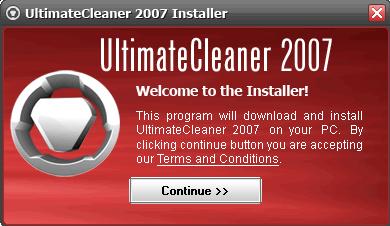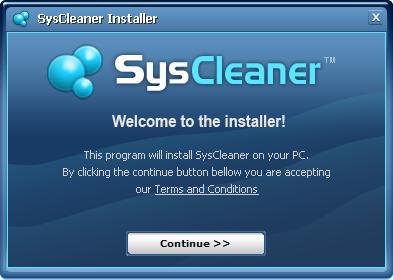Rogue:W32/UltimateFix
Summary
Dishonest antivirus software which tricks users into buying or installing it, usually by infecting a user's computer, or by pretending the computer is infected.
Removal
Based on the settings of your F-Secure security product, it may block the file from running, move it to the quarantine where it cannot spread or cause harm, or ask you to select an action.
A False Positive is when a file is incorrectly detected as harmful, usually because its code or behavior resembles known harmful programs. A False Positive will usually be fixed in a subsequent database update without any action needed on your part. If you wish, you may also:
-
Check for the latest database updates
First check if your F-Secure security program is using the latest updates, then try scanning the file again.
-
Submit a sample
After checking, if you still believe the file is incorrectly detected, you can submit a sample of it for re-analysis.
Note: If the file was moved to quarantine, you need to collect the file from quarantine before you can submit it.
-
Exclude a file from further scanning
If you are certain that the file is safe and want to continue using it, you can exclude it from further scanning by the F-Secure security product.
Note: You need administrative rights to change the settings.
Technical Details
This is the family description for the Rogue:W32/UltimateFix family of rogueware.
Variants in the UltimateFix rogueware family are rogue anti-malware programs that generate fake or misleading scan results,Â& in an attempt to trick users into purchasing their products.
Installation
UltimateFix variants commonly launch a downloader that installs the application. much like the one shown below:

Screenshots of known UltimateFix variants can be seen below :



During installation, the program creates these files :
- %Desktop%\UltimateFixer 2007.lnk
- %ProgramFiles%\UltimateFixer 2007\Register UltimateFixer 2007.lnk
- %ProgramFiles%\UltimateFixer 2007\Start UltimateFixer 2007.lnk
- %ProgramFiles%\UltimateFixer 2007\Uninstall UltimateFixer 2007.lnk
- %ProgramFiles%\Ultimate Fixer\program.info
- %ProgramFiles%\Ultimate Fixer\ufixer.pkg
- %ProgramFiles%\Ultimate Fixer\UltimateFixer.db
- %ProgramFiles%\Ultimate Fixer\UltimateFixer.exe
- %ProgramFiles%\Ultimate Fixer\Uninstall.exe
Registry
During installation, the program creates the following registry key to automatically execute itself:
- HKLM\Software\Microsoft\Windows\CurrentVersion\Run = %ProgramFiles%\Ultimate Fixer\UltimateFixer.exe
)
Protect your devices from malware with F‑Secure Total
Protecting your devices from malicious software is essential for maintaining online security. F‑Secure Total makes this easy, helping you to secure your devices in a brilliantly simple way.
- Award-winning antivirus and malware protection
- Online browsing, banking, and shopping protection
- 24/7 online identity and data breach monitoring
- Unlimited VPN service to safeguard your privacy
- Password manager with private data protection
More Support
Community
Ask questions in our Community .
User Guides
Check the user guide for instructions.
Submit a Sample
Submit a file or URL for analysis.